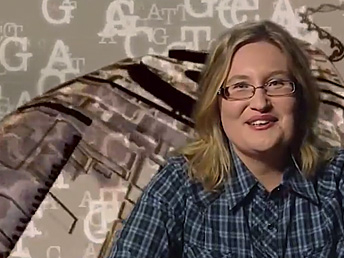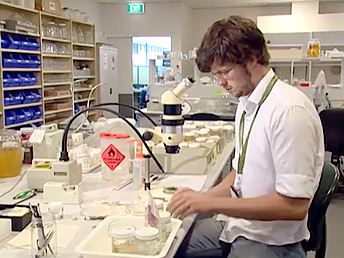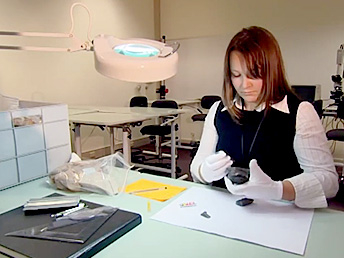
Microbiologist
A microbiologist studies microscopic life forms such as bacteria, viruses and fungi. Their research is used for diagnosis and treatment in areas like medicine and the environment. You could come up with a new antibiotic treatment for sickness or discover a way to control weeds and animal diseases.
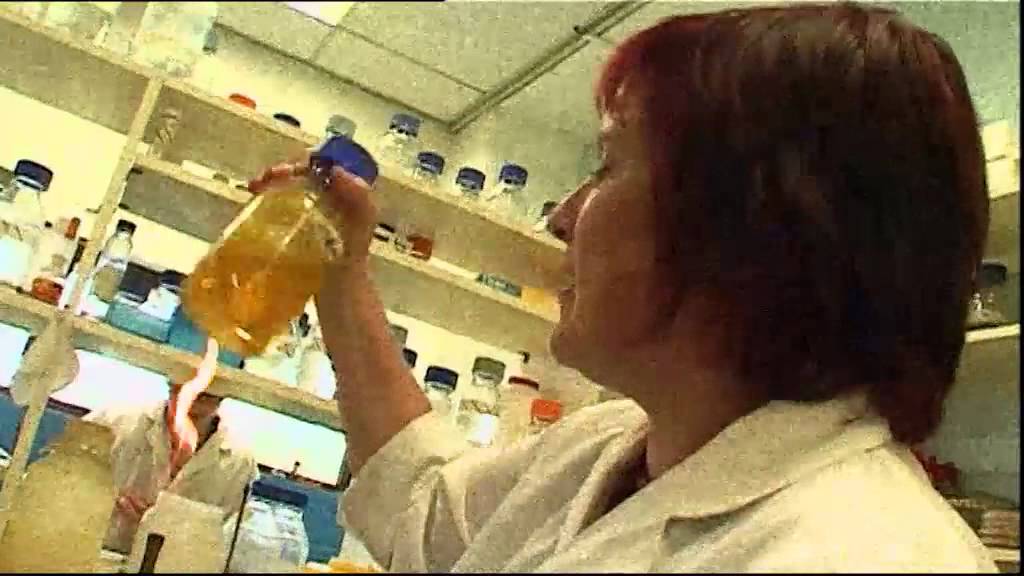

What the job looks like
Salary expectation
starts at $41,098 up to $77,420+

The good
- Research can help improve quality of life
- Helping people
- Being the first to discover something
- Keeping up to date with the latest scientific advancements
- Having a hands-on job
The not so good
- Finding results can take a long time
A microbiologist tests micro-organisms to determine which ones cause disease and which ones can be used for medicines and vaccines. Testing and analysis can also be used across agriculture to protect crops, improve the food and beverage industry as well as environmental industries.
Typical tasks involve a lot of lab work such as collecting samples to conducting laboratory tests and experiments. Your keen interest in science will help you to apply logic and analysis to your work.
Excellent communication and English skills will be useful if you need to advise the government about public health policies or when you are writing up research findings.
You will use maths to get accurate scientific results. Microbiology involves conversions, statistics, graphs and many different formulas. A good understanding of maths will make your job much easier and you a better microbiologist.
If you enjoy solving problems, like working as part of a team and are passionate about science, then this might be the career for you.
All the people I’ve seen and met gave me the passion for what I am doing.
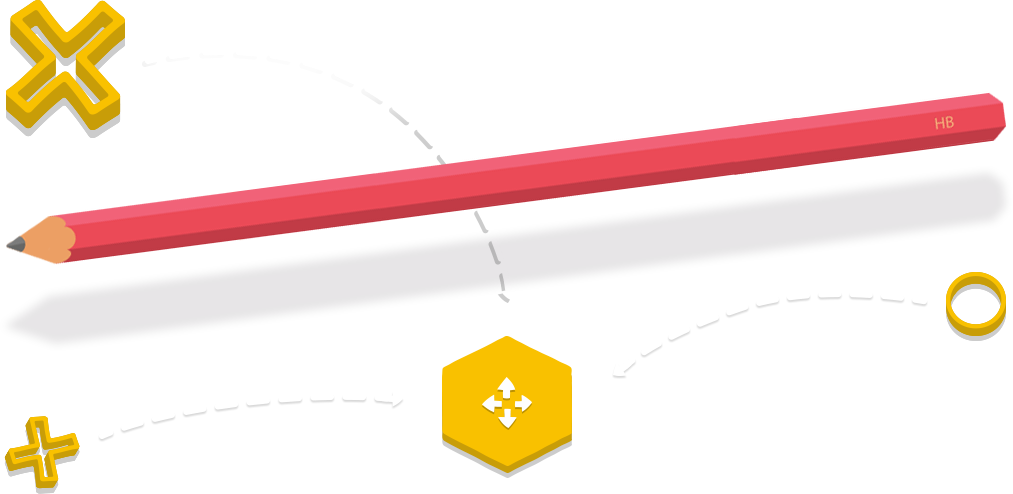
Pathways to this career
Subject suggestions for the HSC
Choosing your HSC subjects from this list could really help with your career. Think carefully about what you want to study after school as you might need to choose specific HSC subjects for that course and to count towards your ATAR (Australian Tertiary Admission Rank). An ATAR is your academic rank in relation to other HSC students and helps with University admission.
HSC subjects
Some subjects will count towards your ATAR, others will not. Check with your career advisor before making subject selections.
- English (Advanced or higher)
- Mathematics (2 unit or higher)
- Chemistry
- Biology
- Agriculture
What can I do after I have finished school?
University degrees
Studying one of these degrees can help with your career.
- Bachelor of Science
- Bachelor of Biomedical Science
Suggestions
Check out The Australian Society of Microbiology for more information
- Ask your science teacher or career advisor if they can help find you work experience
- Watch as many science documentaries you can, especially on microbiology
- Search the web or job advertisements to see what sort of careers in microbiology are available and what area you might be interested in
- Go to career expos and events like Open Day to find out more information about what you will study
